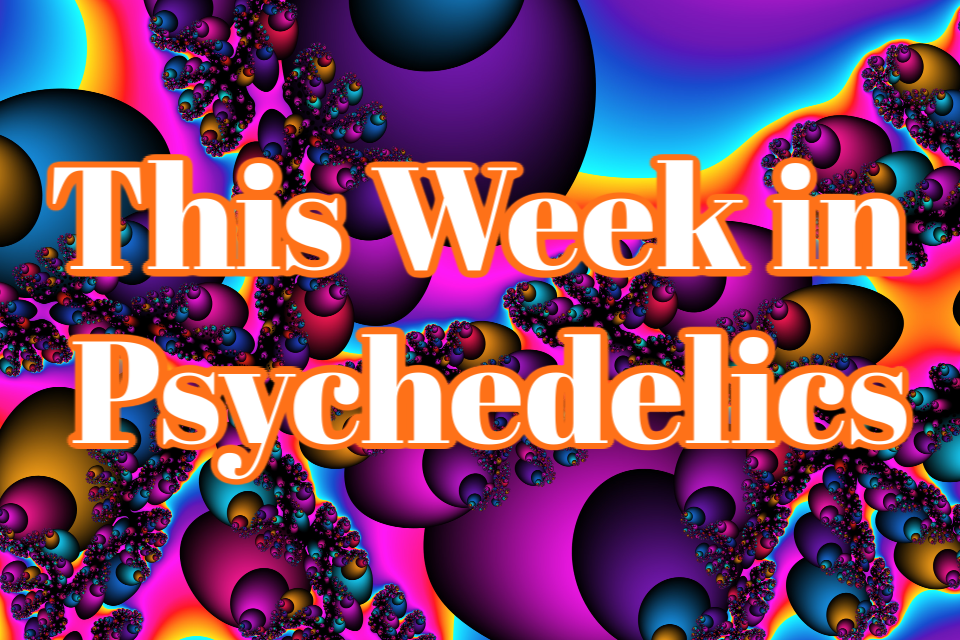Ed Cara, writing for Gizmodo:
A man’s experiment with psychedelic mushrooms went disastrously wrong and nearly killed him, according to his doctors. In a new case report released this week, they detailed how the man injected a “tea” made from the mushrooms into his body and developed a life-threatening infection that had them growing in his blood. The experience left him in the hospital for close to a month. Fortunately, he survived.
It may seem obvious for experienced psychonauts to simply say “Don’t do this—what a dumbass”, and I’ve seen a lot of people saying that over the last 24 hours. But in all fairness to the man who did do this, he was an opioid user, not someone with a history of psychedelic use:
According to the report, the 30-year-old man had been brought to the emergency room by his family after exhibiting confusion. He had a history of bipolar disorder as well as opioid dependence and had recently stopped taking his prescribed medications, his family told doctors. In the course of trying to self-medicate his depression and dependence, he came across research showing some benefit from using psychedelic drugs like mushrooms and LSD.
Days before the ER visit, he had decided to use mushrooms by first boiling them down into what he called “mushroom tea,” then filtering the mixture through a cotton swab and intravenously injecting it. Soon after, he developed symptoms including lethargy, jaundice, diarrhea, and nausea, along with vomiting up blood.
It’s easy to judge other people without taking into account the fact that they lack the education and experience that you have gained, but that doesn’t make it right. Thankfully the man survived, and on top of that, something completely unexpected happened:
By the time he was admitted to the hospital’s intensive care unit, multiple organs had started to fail, including his lungs and kidney. Tests revealed that he had both a bacterial and fungal infection in his blood, likely meaning that the mushrooms he injected were now literally feeding off him and growing, the doctors wrote (the fungus found in the man’s blood was the same species of psychedelic mushroom he had injected). Among other treatments, he was given an intense course of antibiotics and antifungal drugs.
It took 22 days in the hospital, including eight in the ICU, but the man did eventually pull through. At the time his doctors had finished writing the case up, though, he was still being treated with a long-term course of antimicrobials.
So it turns out that if you inject psilocybin mushrooms you might end up growing psilocybin in your own body, which is truly a nightmare scenario. Even if you already knew to not inject psilocybin, the fact that it’s able to reproduce inside the human body is a new discovery in and of itself.
As for the man, he is currently still alive and hopefully will have a swift and full recovery. If he gets the chance to work with psilocybin again I hope he’ll drink the tea instead of injecting it next time.
Be nice out there y’all. Help educate others rather than shaming them. Be a living example of a responsible psychonaut, not a condescending jerk.






